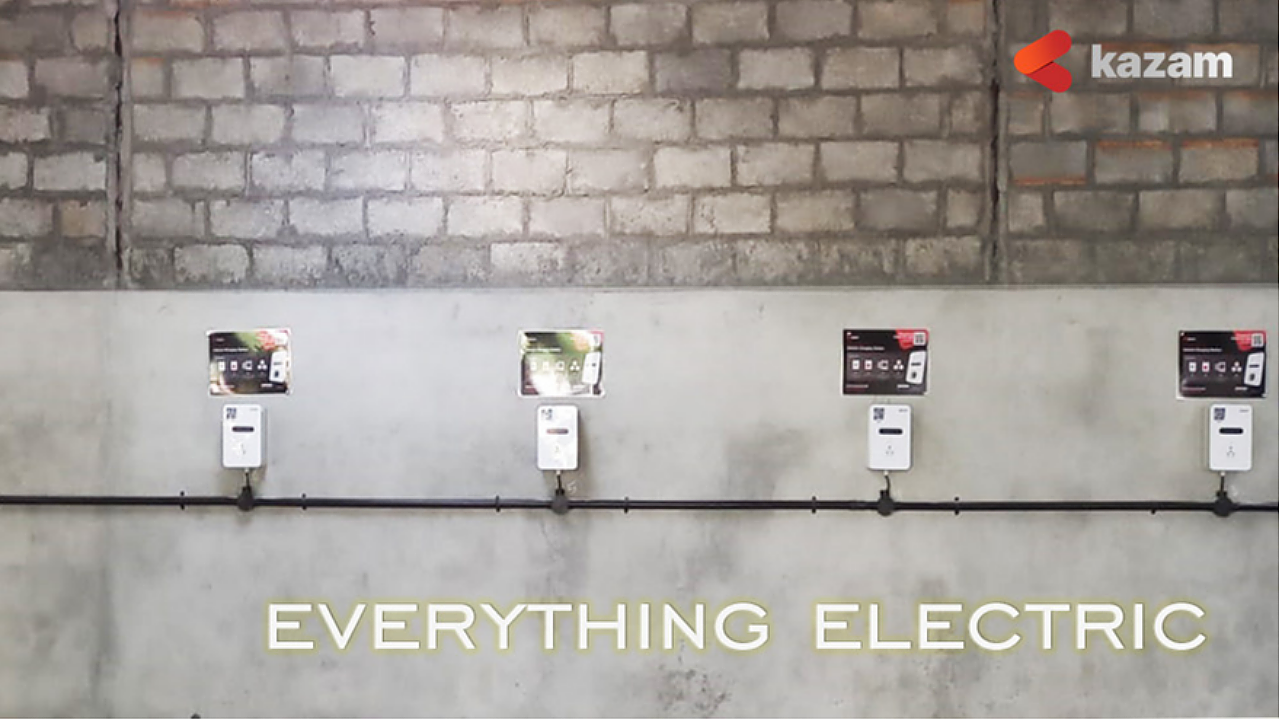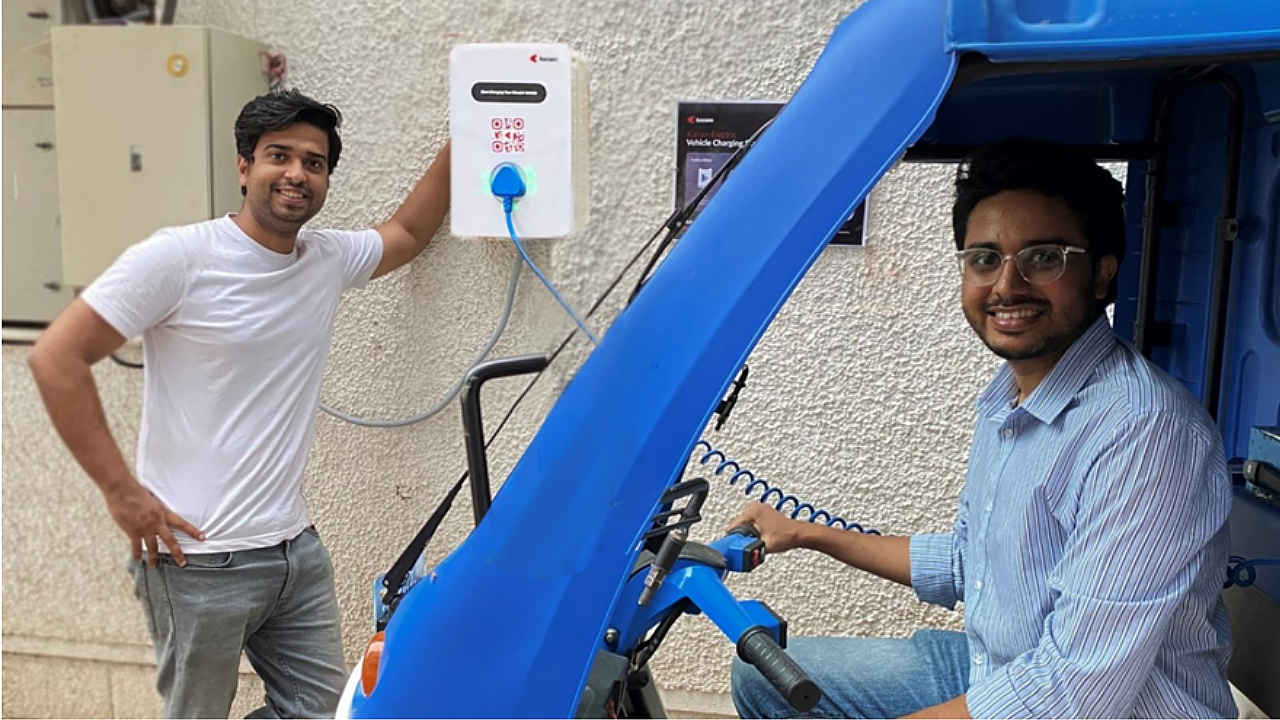
Kazam EV Tech, the Bangalore based charging infrastructure start-up, plans to add two new products to its portfolio and expand its business to 12 states by the end of this calendar.
Speaking to Mobility Outlook, Vaibhav Tyagi, Co-founder, Kazam EV Tech, said that the company has filed a patent for one of the upcoming chargers. The product will be an upgrade to its flagship 3.3 kW LEV AC charger. It will be a voice-enabled charger with Wi-Fi, sim and Bluetooth connectivity. The device will be available in the next six months, he said.
The company plans to bring out a car charger within the next three months and expand its operations to international markets, including European and US markets. In terms of market expansion, it also intends to extend to 12 states across India. It targets states with a huge proportion of EVs for expansion, including Kerala, Tamil Nadu, and Rajasthan.
Tyagi confirmed that the company will be able to sell close to 30,000 units of its chargers in the next 12 months with this move. In FY22, the company plans to sell 10,000 units, 3,000 of which have already been delivered and the remaining still on the way. The company currently has two plants in Bangalore and Pune. Along with them, Kazam has signed with three vendors to assemble the chargers.
At this point, the company’s entire manufacturing capacity is 500 units per day. It hopes to expand this to 1,000 units per day during the next 12 months. In consideration of the anticipated future demand, Tyagi said that the company intends to sign a few more vendors, allowing it to manufacture 10,000 chargers each day in the long run.
Funding The Vision
Earlier in November 2021, as part of the Uber Green Mobility Challenge, the start-up received INR 15 lakh, which it intends to invest in R&D capabilities. However, to achieve these objectives, it decided to conduct another fundraising round within the next five months. Tyagi indicated that the company is in the early stages of discussions with investors. These funds will be utilised in three key areas, in addition to market and product portfolio expansion. The majority of it will be invested in developing the business’s software, he said.

Currently, the company offers CMS as a software service. With the infusion of the fund, it intends to bring in cloud connectivity, interoperability, OCPP and MPPT compliant charging stations and improve upon the existing charging management system. In addition, the funds will also be utilised in developing future products and scaling up the business to cover other segments.
Currently, the company has a client base consisting of government bodies, b2b players and fleet operators. Further, it plans to add apartments under its client base, for which it has tied up with ADDA. Regarding partnerships, he said, the company was recently approved as one of the empanelled vendors for the Delhi government’s initiative of supplying subsidised chargers.
The state government issued a tender for a 30,000 subsidised charging station through its discoms, BSES Rajdhani, BSES Yamuna, and Tata Power, as part of the scheme. The tender, which began two months ago, is valid for the next three years. The charging infrastructure start-up hopes to sell approximately 15,000 of its 3.3 LEV chargers during this period.
Long term Goal
Tyagi reiterated that the company’s long-term goal is to establish a footprint across India during its next phase of growth, which will begin in the next 12-18 months. With this, the company also plans to shift its focus towards the software part of the business while launching new products in the EV charging infrastructure space.
“The idea is to create a highly connected ecosystem in which all charging stations are linked, and corporations may exchange carbon credits for decarbonising their fleets while also having a robust fleet management solution,” Tyagi concluded.